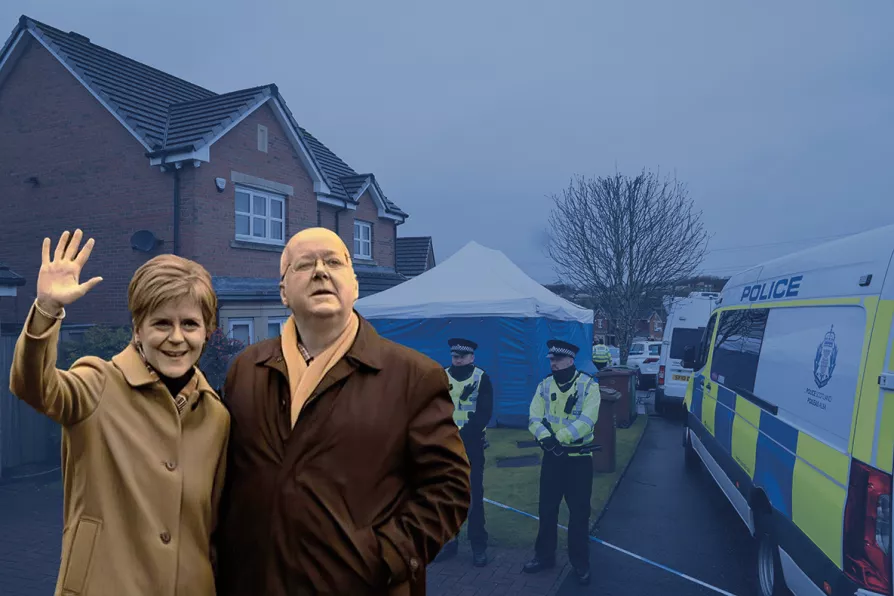Does widespread and uncontrolled use of AI change our relationship with scientific meaning? Or with each other? ask ROX MIDDLETON, LIAM SHAW and MIRIAM GAUNTLETT

 SCANDAL: Nicola Sturgeon’s husband Peter Murrell has been arrested as part of probe into the SNP’s finances
SCANDAL: Nicola Sturgeon’s husband Peter Murrell has been arrested as part of probe into the SNP’s finances
NOW that the Scots have a Glasgow-born First Minister of Pakistani heritage, London has a Tooting-born mayor of Pakistani heritage and Britain has as Prime Minister a man whose Punjabi family came to Southampton via “British” East Africa, the contradictory nature of a British national sensibility is up for negotiation.
On one hand, we have the effort to construct a notion of British identity that synthesises Welsh, Scottish and English sensibilities with a generally well-meaning effort to gather into this elastic category people whose migrant journeys are shaped by Britain’s imperial presence and the industrialisation that imperial tribute funded.
Where this effort attends to the oppressive and exploitative essence of Britain’s bloody imperial rule it plays a progressive role. Where it doesn’t, it fits into the bourgeois mystification of nationhood. In this sense, Black Lives Matter has proved an essential measure in shaping a more progressive national culture: black lives matter today because, for the time of the British empire, black lives didn’t.

VINCE MILLS cautions over the perils and pitfalls of ‘a new left party’

From Gaza complicity to welfare cuts chaos, Starmer’s baggage accumulates, and voters will indeed find ‘somewhere else’ to go — to the Greens, nationalists, Lib Dems, Reform UK or a new, working-class left party, writes NICK WRIGHT

As Starmer flies to Albania seeking deportation camps while praising Giorgia Meloni, KEVIN OVENDEN warns that without massive campaigns rejecting this new overt government xenophobia, Britain faces a soaring hard right and emboldened fascist thugs on the streets










